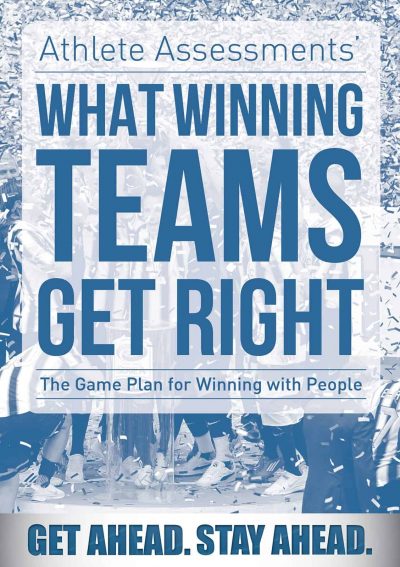Rowing well can be described as an almost hypnotic experience. I vividly recall numerous moments in preparation for the 2004 Olympic Games of being so consciously consumed in the process of rowing the eight, that time and distance seemed to pass without my awareness. Despite being completely consumed in what I was doing, not once was I ever on “autopilot” during training. In this article, I discuss how to maximize the value of any training session by focusing your attention and being ‘conscious’ about your learning.
A great mentor of mine once said, “If you want to learn quickly, slow down.” What he was referring to is what I call, ‘conscious training.’ Knowing how to do this can get you on top of your technical changes faster than ever before. The result – your rowing and results can only improve.
Do you know the feeling I am referring to when I talk about being on autopilot? Perhaps you have driven to training in your car and could not even remember the trip? Perhaps your coach has been talking to you and you couldn’t hear anything. Have you ever ‘switched off’ and just gone through the motions of rowing? These are all symptoms of being on autopilot. Being on autopilot for a whole training session means you have certainly not improved during that time as much as you could have. Add up too many like this, and you can start to understand why the quantity of training isn’t the determining factor in the best results. I do not think anyone is in a position to waste an opportunity to learn and improve, whether this is in regard to sport or life.
To ensure that you are not on autopilot, you simply need to focus on what is going on around you. Listen to the run of the boat, listen to your coach and crew members and listen to the sound of the catch and finish or the air bubbles running under the hull. Focus on seeing the distance between the puddles to judge the run of the boat, see the people in front of you and check your timing. Look at the quality of your finish and notice the blade stepping cleanly from the water. Focus on feeling the run of the seat on the slide, the jump of the boat off the finish and the way the blade enters the water cleanly and crisply. What can you taste and smell? Maybe the last two are not always so helpful. I will never forget the taste of lactic acid after a hard race. The point is, get in touch with your surroundings and tune in to them. This is the first part of consciously training.
Once you have done this, engage your brain in what it is you are doing. Think about what you are trying to improve. Is it working for you? Is it making the boat go faster? Are you still doing it, even though it feels uncomfortable? Executing the correct technique is critical in rowing. What does the correct technique feel like? Are you moving better doing this particular technique? What if you tried something different? On occasion, just do something different and see what happens. Talk to your coach about what you are trying to do, and get involved with your learning by engaging with those around you.
Why do coaches create exercises to improve your technique? The reason technique activities work is because they force you to be conscious about your learning. By creating an exercise to break down your technique into its individual components, you are actually breaking the automatic patterns and consciously thinking about the correct way to row.
When I was rowing, we would change our grip purely to activate different muscle groups or to isolate movements and exaggerate them. Making these continual changes ensures we were always thinking. During parts of our training, we would row and with each stroke, do something different with our oar or we would stop at different parts of the stroke purely to break our routine movements up and to check our timing within the boat. All of these activities and exercises ensured we did not lose concentration, or as I have suggested, trained on autopilot.
Research shows that most people struggle to concentrate fully for more than seven minutes. Knowing this, plan some mini breaks in your training rows. It may be a short break every 10 minutes or have a switch-off time every so often. Alternatively, every 10 minutes try a different technical exercise which reinforces the particular part of the stroke you are working on. In between exercises, focus on integrating this into your normal speed rowing and try to notice what difference this creates to boat speed, balance and so on. When you stop the boat, talk to your coach or as a coach, ask your athletes to give verbal feedback on what they did and how well it worked and what could be done better next time.
I can guarantee, if you row more consciously, you will improve faster than your competitors. In my observation, most athletes operate on a relaxed mode of autopilot, switching on and off in an unconscious manner. Make this your competitive advantage. Be an athlete who controls your focus. Train with a purpose. Train with consciousness.
Athlete Assessments is the leading sports consultancy, supporting coaches, athletes and teams who want to improve their performance by gaining knowledge of their sporting personality and the behaviors creating their athletic results. Clients include some of the USA’s top colleges and the U.S. Men’s National Team. For more information, call (760) 742-5177 or e-mail coach@athleteassessments.com.
USRowing is pleased to introduce a new contributor to the USRowing Web site. Bo Hanson was one of the 2009 USRowing convention presenters and after such overwhelming feedback from the delegates, we asked Bo to share his most valued rowing advice with our readers on a regular basis.
Bo’s rowing career spanned four Olympic Games. He won three medals for Australia and he was, and remains the youngest rower to compete at an Olympics for Australia. He is now an in-demand coaching consultant for Athlete Assessments (www.athleteassessments.com) and works with coaches across a vast range of sports. He maintains a personal connection to rowing coaching through his involvement with his own high school and his rowing clients.





